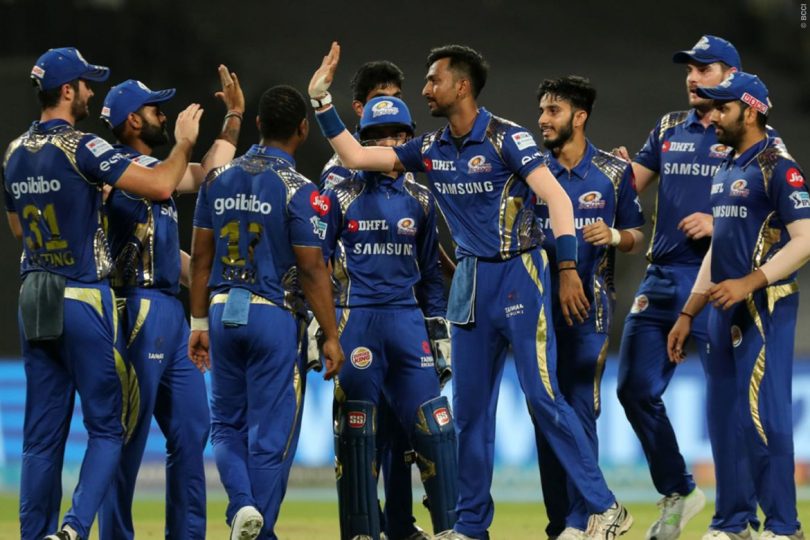The Indian Premier League (IPL) could be in for an expansion from eight teams to a possible ten, after the Board of Control for Cricket in India (BCCI) said that it will deliberate over “approval on inclusion of 2 new teams to the Indian Premier League” during the upcoming Annual General Meeting (AGM) on December 24.
The Ahmedabad-based Adani Group, which lost out in the bidding war during the 2011 expansion, are known to have expressed interest again, with the hope of making the newly renovated Motera Stadium (which boasts of seating 110,000 spectators) their home. So have the RP Sanjiv Goenka Group, which ran the Rising Pune Supergiant franchise for two years (2016-17).
That would be a significant raise from the Rs 85 crore per year paid to the BCCI by Sunrisers Hyderabad, the last team to join the IPL via a tender process.
An IPL expansion would also have immediate implications for world cricket, with the league taking more days off the international calendar and lucrative contracts on offer for 16 more overseas players, if two additional teams do come in. In 2011’s 10-team IPL, BCCI had devised a 74-match schedule with teams divided into two groups. Now there are talks of playing the league in a 94-match window, which would allow the current home and away format to remain unaffected.
However, such a move would entail 34 more games, which can only become commercially attractive if not too many additional double-headers are added to the schedule. “It would mean finding more days at the cost of international cricket. BCCI will try and use it’s good relations with ICC member boards,” said a BCCI source.
More teams and more matches would mean more money for the BCCI, and even the existing franchises will benefit with a greater pay-out from a richer IPL-revenue pool. “It would also mean more supply for the market forces, with the sponsors having more choices to make. So, there could actually be some correction in sponsorship values,” said a franchise executive.







